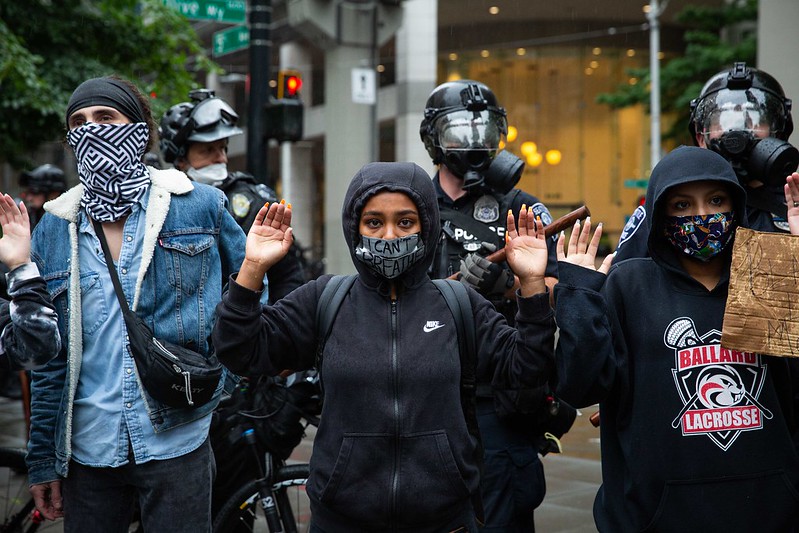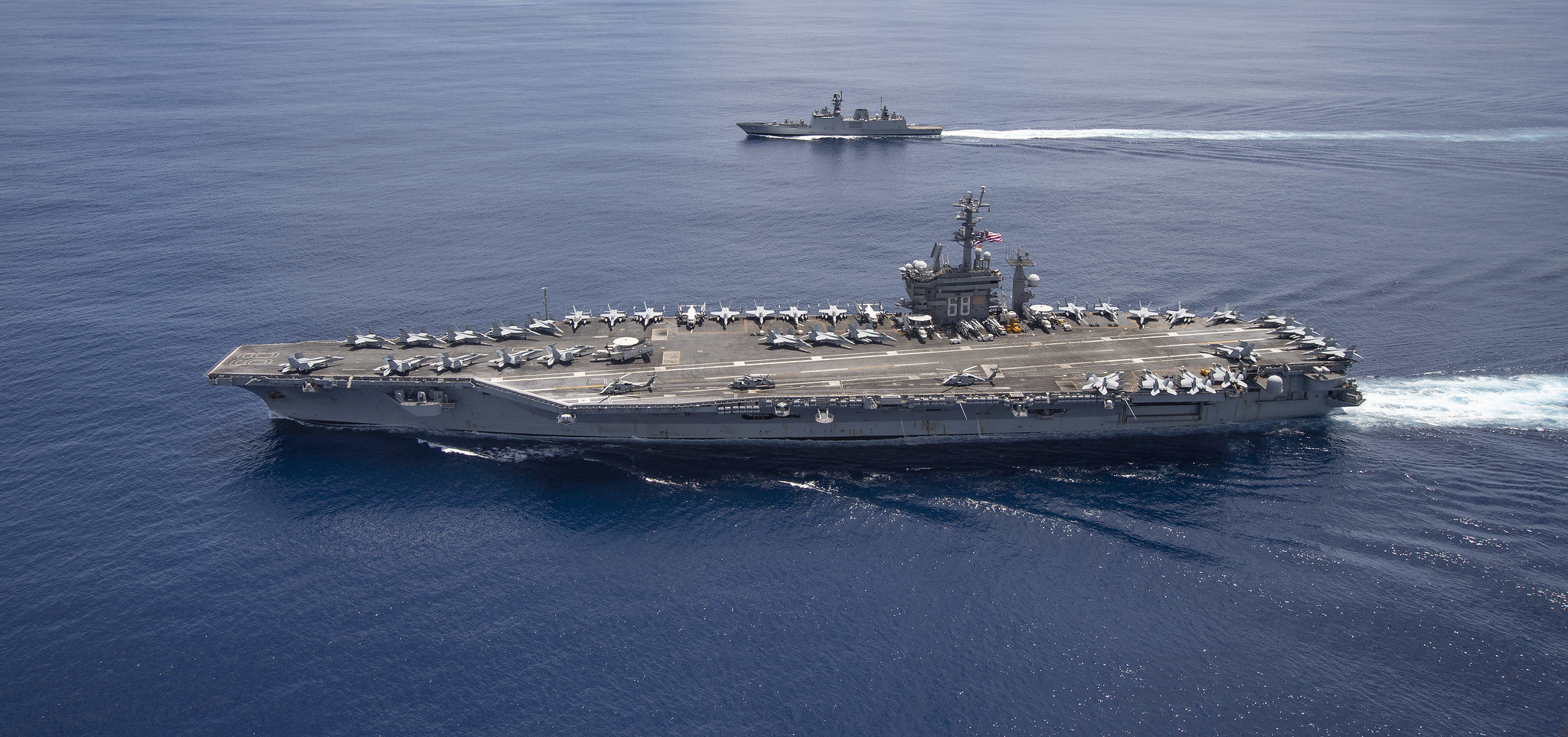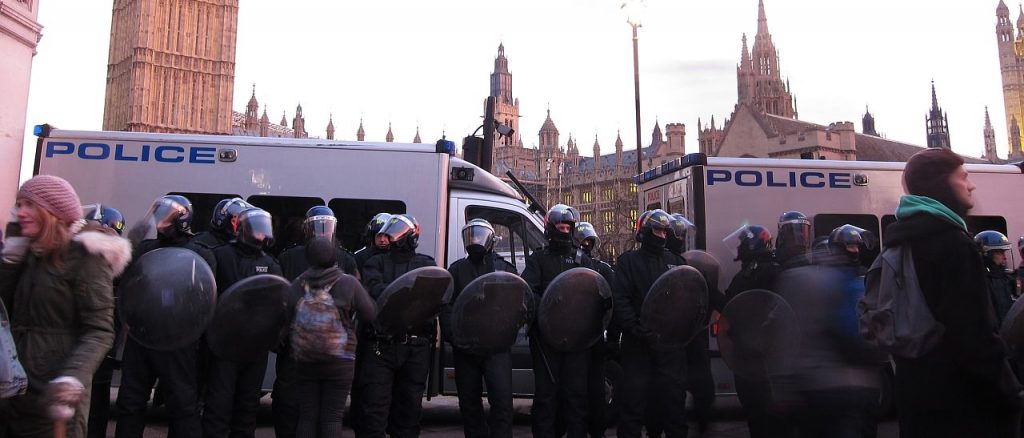What do UK export control rules say? Aren’t there “rigorous” export controls?
When asked about the export of protest suppression equipment to the US, the government says it has rigorous export controls and “will not licence the export of items where to do so would be inconsistent with the Consolidated Criteria [the government’s export guidelines]”.
This is simply not true. The Government repeatedly issues export licences where there is a clear risk that the goods might be used for internal repression, in the commission of a serious violation of international humanitarian law, or where the export would provoke or prolong conflict.
The UK has continued to support Saudi air strikes in Yemen and provide arms despite overwhelming evidence of repeated breaches of international humanitarian law (IHL). In June 2019 the Court of Appeal found that the government had claimed that there was no “clear risk” of arms being used in serious violations of IHL without even attempting to assess whether these horrific attacks were in fact violations of IHL, claiming it was not possible or necessary to do so. The Court of Appeal made clear that such an attempt can and must be made before coming to a conclusion about future risk. It ordered the government to retake these decisions on a lawful basis.
In Hong Kong, UK-made teargas was again being used against democracy protesters last summer. Despite its previous use in 2014, the government had continued to license further exports.
The UK is one of the largest weapons exporters in the world and the government routinely supplies arms to countries in conflict and governments that have appalling human rights records. From Indonesia to Israel, Sri Lanka to Egypt, and the US to Hong Kong, UK weapons have been used in conflict and to support repression. Successive governments have supported their sale.
The problem is that the focus of Government policy is on promoting, not controlling, arms sales. Until this changes, a ‘responsible’ arms export policy will be impossible. Securing more arms sales is at the centre of UK trade policy and the government’s list of priority markets for arms sales includes some of the world’s worst human rights abusing governments.



